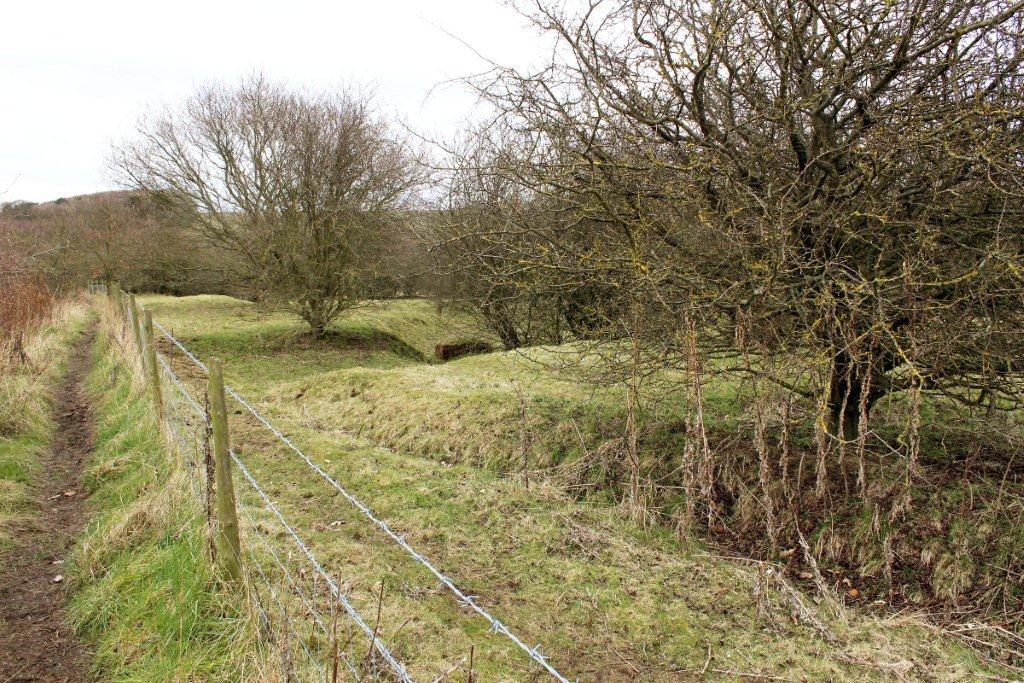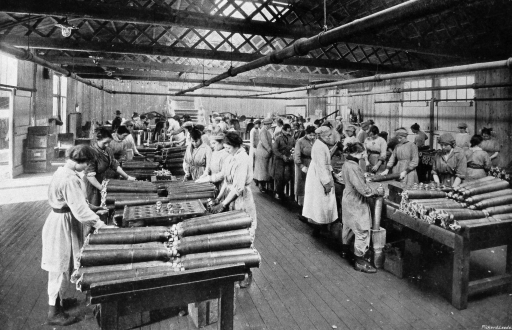The UK Government has protected the site of a First World War munitions factory in Leeds where 35 women who became known as the ‘Barnbow Lasses’ were killed in an explosion in December 1916.
Conservationists say proposed road and housing schemes around the former Barnbow National Filling Factory will now be ‘managed carefully’ to ensure its national importance is commemorated.
The 1916 blast resulted in the first major loss of female civilian workers in Britain during the war as arms production intensified.
Heritage Minister, Tracey Crouch, said: “As we mark the centenary of the First World War, it’s so important that we remember the sacrifices of those who supported on the home front – especially women. The ‘Barnbow Lasses’ played such a vital role in the war effort and by scheduling this factory, we continue to pay tribute to their contributions and sacrifices 100 years on.”
‘Hushed up’
News of the disaster was hushed up at the time for fear of harming national morale, say conservationists Historic England.
Many of the high explosive shells used at the Battle of the Somme were filled at Barnbow.
Duncan Wilson, Historic England’s Chief Executive, said: “The First World War brought many tragedies. This one has not yet been fully recognised and commemorated. The death of the ‘Barnbow Lasses’ not only resonates today for the tragic loss of life but also represents the significant role played by women in winning the war. This led to a major national change in the perception of women at work.
“Barnbow is particularly poignant as the site of the worst disaster for loss of life in Leeds’ history and it is thanks to the local community that the memory of these remarkable women and their extraordinary courage has been kept alive. It is very fitting that it is now protected as a scheduled monument.
Although most of the buildings were demolished by 1924, the remains of the factory still show its near-complete layout.
 Footings of Barnbow shifting room (Photo:Historic England)
Footings of Barnbow shifting room (Photo:Historic England)
Sixteen thousand women were employed at Barnbow as UK industry was increasingly put on a war footing during WW1. It was the first National Filling Factory to be completed and its innovative design provided the template for all subsequent explosive factories.
But the site suffered three separate tragedies, the most serious of them on 5 December 1916. Thirty five women were killed and many more were injured by a blast in one of the shell fusing rooms.
Two more women died in another incident three months later and three men were killed in an explosion on 31 March 1918.
Although the 1916 explosion was heard for miles around, the deaths of the women were not reported for fear of denting national morale and the recruitment of women. Even after the war, the explosions remained largely unacknowledged.
100 years on, Barnbow has now been protected by the Department for Culture, Media & Sport, the ministry responsible for Britain’s First World War Centenary commemorations, on the advice of Historic England.
Jacki and Bob Lawrence of the East Leeds History and Archaeology Society, welcomed the site’s preservation for future generations: “As a society we have been promoting the story of the Barnbow lasses for almost twenty years, and always felt it was important that the contribution, service and sacrifice made by these girls during World War 1, should be made more widely known.
“Without their enormous effort to meet the demand for shells, the outcome may have been very different. This recognition of the importance of the site goes some way to recompense the many years their story remained in relative obscurity.”
Source: Historic England
Images © UK National Archives (Barnbow shell assembly archive); Historic England (Barnbow footings present-day)
Posted by: CN Editorial Team
